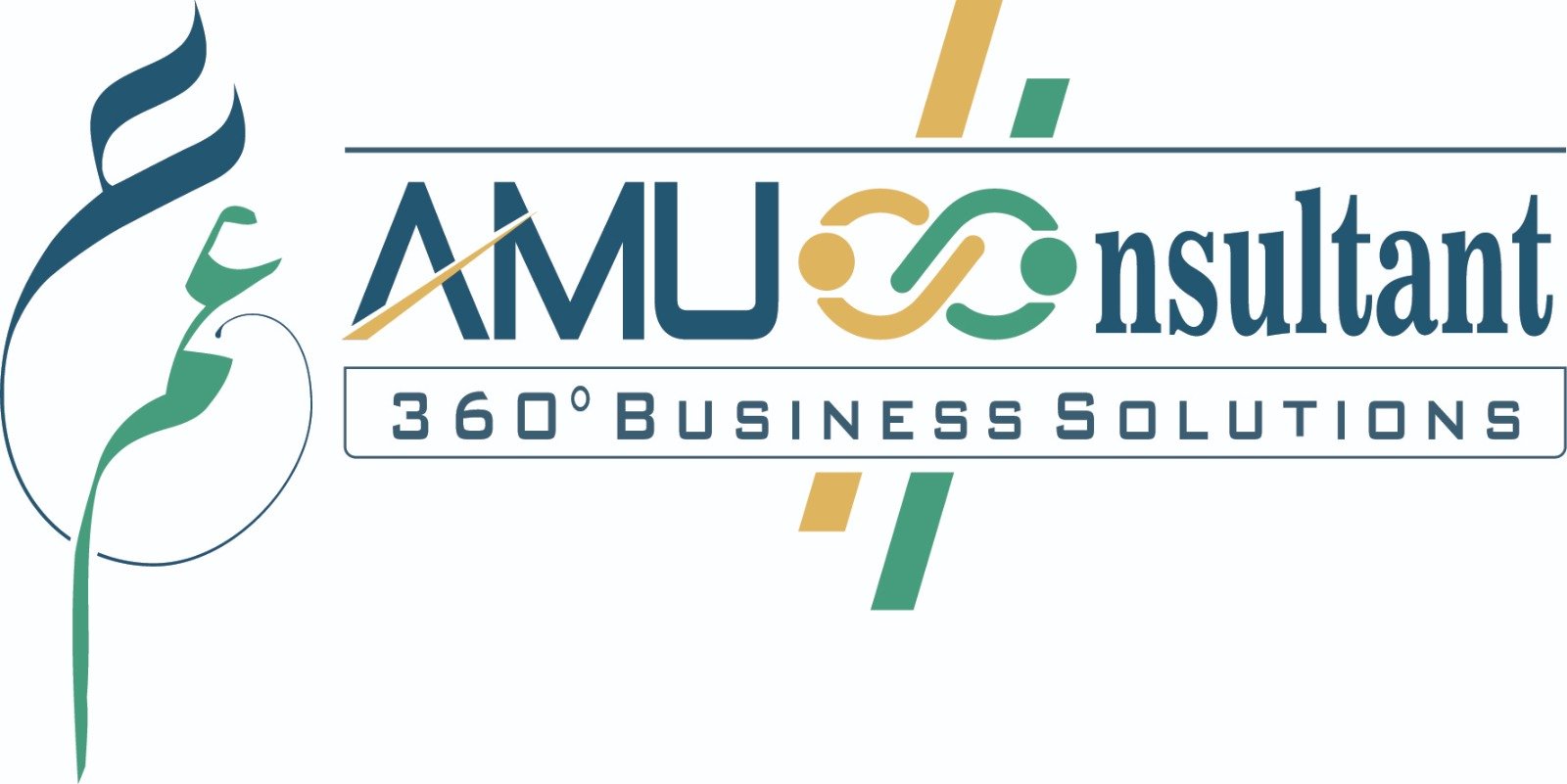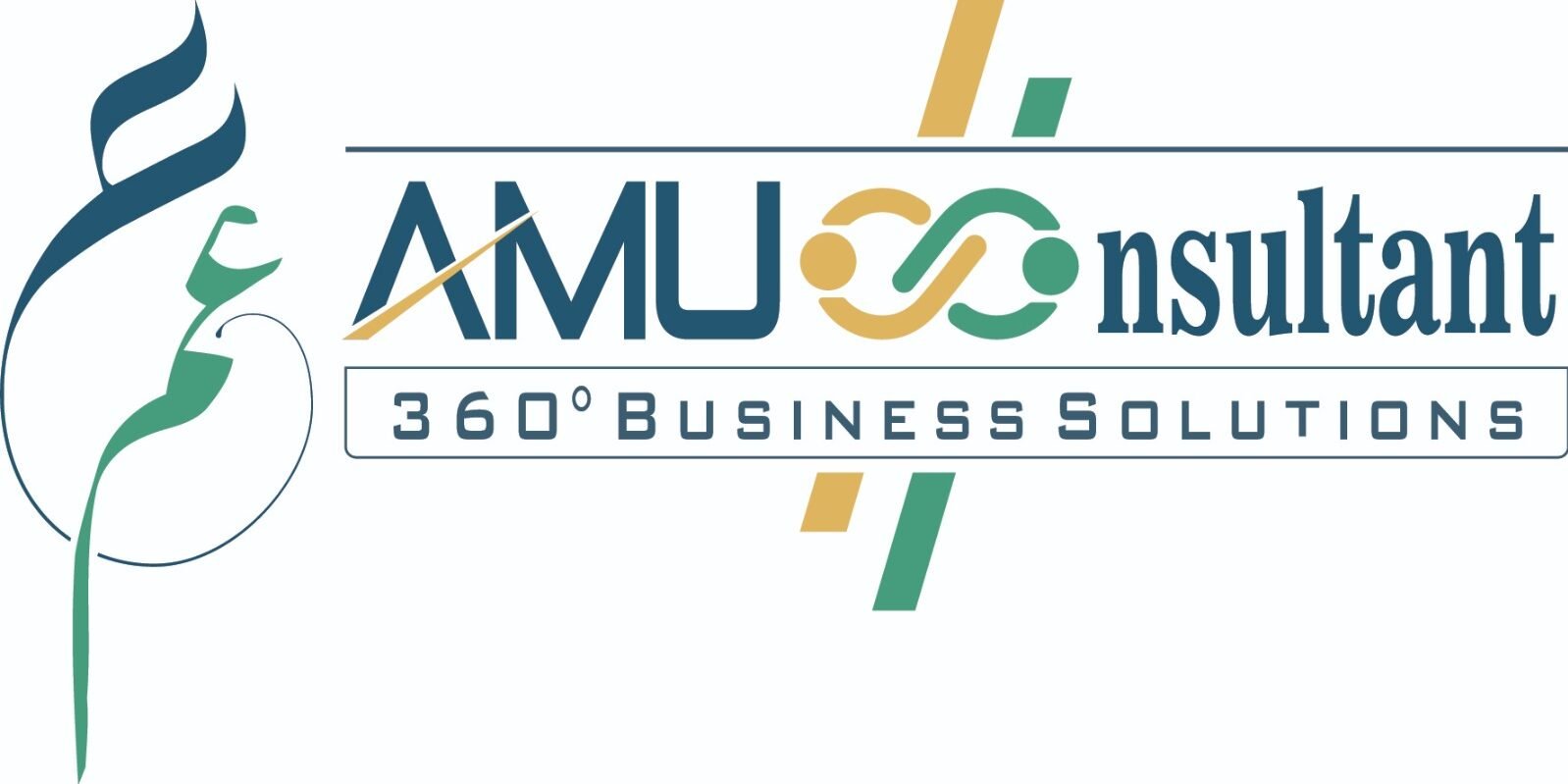Internal Audit Services In Pakistan
The main objectives of internal audit include assessing the effectiveness and efficiency of operations, evaluating the reliability and integrity of financial and operational information, ensuring compliance with laws and regulations, and safeguarding the organization’s assets.
Objectives:
- The main objectives of internal audit include assessing the effectiveness and efficiency of operations, evaluating the reliability and integrity of financial and operational information, ensuring compliance with laws and regulations, and safeguarding the organization's assets.
Independence:
- Internal auditors are expected to maintain independence and objectivity in their work. They report to the highest level of management, such as the audit committee or board of directors, to ensure their independence from the areas they audit.
Scope:
- Internal audit can cover a wide range of areas within an organization, including financial processes, operational processes, risk management, compliance with laws and regulations, IT systems and controls, and governance practices. The scope of it is determined based on the organization's needs, risks, and regulatory requirements.
Risk-Based Approach:
- Approach: Internal audit typically follows a risk-based approach, focusing on areas of higher risk or significance to the organization. Auditors assess risks, develop audit plans, and allocate resources accordingly to ensure that the most critical areas are adequately reviewed.
Audit Procedures:
- Internal auditors perform various audit procedures, such as conducting interviews, reviewing documentation, performing data analysis, and testing controls and processes. These procedures are aimed at obtaining sufficient and appropriate evidence to form conclusions and make recommendations.
Reporting:
- Internal auditors communicate their findings and recommendations through audit reports. These reports summarize the audit objectives, procedures performed, and the results of the audit. They also include recommendations for improving controls, mitigating risks, and enhancing operational efficiency.
Follow-up and Monitoring:
- Internal audit often involves follow-up activities to track the implementation of audit recommendations and assess their effectiveness. This helps ensure that management takes appropriate actions to address identified issues and improve control effectiveness.
It provides valuable insights and assurance to management and the board of directors regarding the organization’s internal controls, risk management processes, and compliance with regulations. It helps improve operational efficiency, effectiveness, and governance practices by identifying weaknesses and suggesting improvements. It plays a critical role in enhancing organizational accountability, transparency, and risk management.

